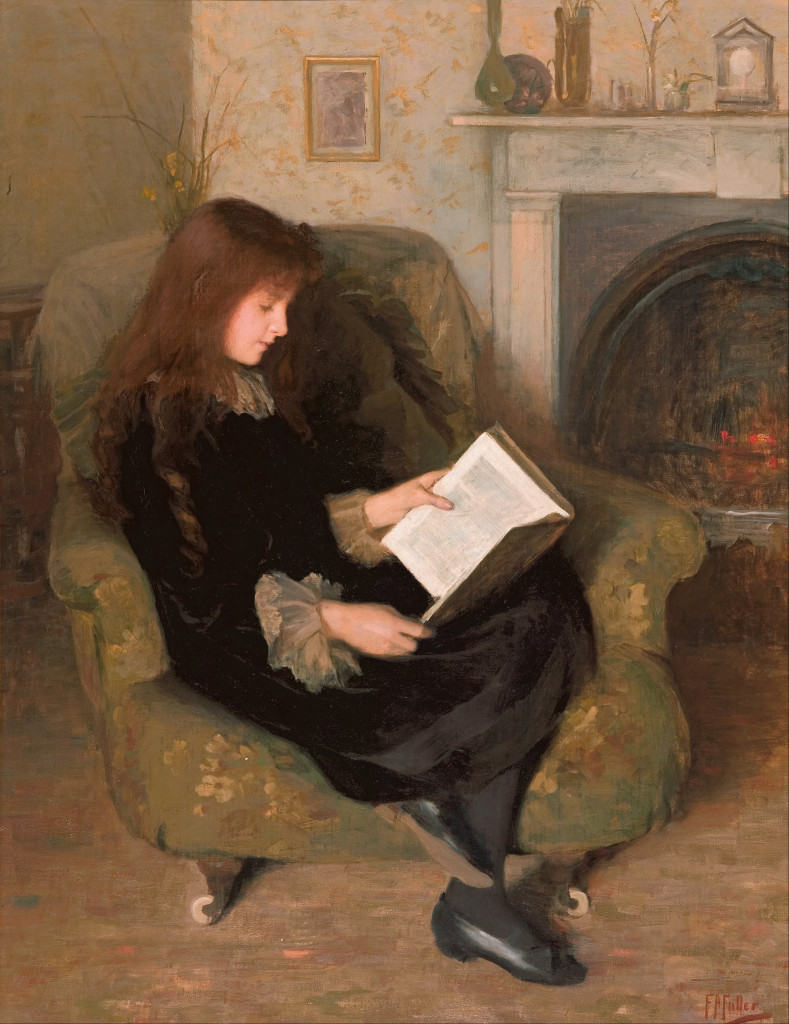Wednesday
I’ve been rereading my favorite work by my favorite literary theorist as I continue to work on my “how literature has changed history” book. My memories of first reading Wayne Booth’s The Company We Keep: An Ethics of Fiction are so vivid that I can still remember where I was. Finally, I thought, someone is discussing, in a reasonable and humane way, how literature can change human behavior.
“Humane” is an adjective that very much describes Booth, who accords respect to everyone he encounters, even those he disagrees with. In The Company We Keep, he talks about the considerable difficulties with assessing a literary work’s impact. It’s very difficult to generalize, he admits, because different people can have widely different reactions to the same book. This doesn’t prevent some from attempting to censor works that they think will lead readers astray, however. In contrast with censors are liberals, who sometimes go to the other extreme and avoid talking about impact at all except in the vaguest way.
I’ve been noticing these two perspectives as I survey what theorists through the ages have said about literary influence. It appears that conservatives often see literature as having more of an impact—at least when they see the impact as negative—than do liberals. It’s a roundabout compliment to the power of literature.
Booth makes the good point that, if literature can do us good, then we must be open to the possibility that it also can do us harm. Or if we want to argue, as some have, that good literature is beneficial and bad literature is harmful, then we have to have a way of distinguishing between what is good and what is bad. Who gets to decide literary merit and, for that matter, who gets to decide whether an outcome is good or bad? For instance, Matthew Arnold thought that great literature could keep the workers from becoming dissatisfied with their lot in life whereas Bertolt Brecht wrote literature designed to alert workers to capitalism’s contradictions so that they would rebel against measures designed to placate them.
In short, Booth, as he openly acknowledges, wanders into very vexed territory. The Company We Keep tracks the movement of his mind as he sorts through these complex issues.
One of his best ideas is seeing our relationship with literature as similar to our relationship with friends. Figuring out whether a book is good for us or not is like figuring out whether a friendship is good for us or not. We have different kinds of friends for different purposes and the same can be said of books.
By thinking of literature in this way, Booth gives us a way to make judgments. After all, don’t we assess the impact of our friendships? It is true of books as it is with friends that we may not arrive at an absolute answer and that sometimes the answer will change over time.
I conclude today’s post with Booth’s description of those friendships that are unquestionably the best, which are literary classics. I find this to be a beautiful summing up:
The fullest friendships, the “friendships of virtue” that the tradition hails as best, are likely to be with the works that the world has called classics. When I “perform” for myself or attend a performance of King Lear, The Misanthrope, or The Cherry Orchard, when I read Don Quixote, Persuasion, Bleak House, or War and Peace, I meet in their authors friends who demonstrate their friendship not only in range and depth and intensity of pleasure they offer, not only in the promise they fulfill of proving useful to me, but finally in the irresistible invitation they extend to live during these moments a richer and fuller life than I could manage on my own.
I might say to any one of these in reply: if I choose to ignore you, I lose something more precious than any one point I could make about you and your kind; your company is in some ways superior even to the best company I can hope to discover among the real people I live with. Certainly it is superior to what is usually provided by those “inner resources” we are all advised to fall back on when bored. Unlike “real” people, you are an idealized version of the writer who created you, the disorganized, flawed creature who in a sense discovered you by expunging his or her duller times and weaker moments. To dwell with you is to share the improvements you have managed to make in your “self” by perfecting your narrative world. You lead me first to practice ways of living that are more profound, more sensitive, more intense, and in a curious way more fully generous than I am likely to meet anywhere else in the world. You correct my faults, rebuke my insensitivities. You mold me into patterns of longing and fulfillment that make my ordinary dreams seem petty and absurd. You finally show what life can be, not just to a coterie, a saved and saving remnant looking down on the fools, slobs, and knaves, but to anyone who is willing to work to earn the title of equal and true friend.
Amen.


